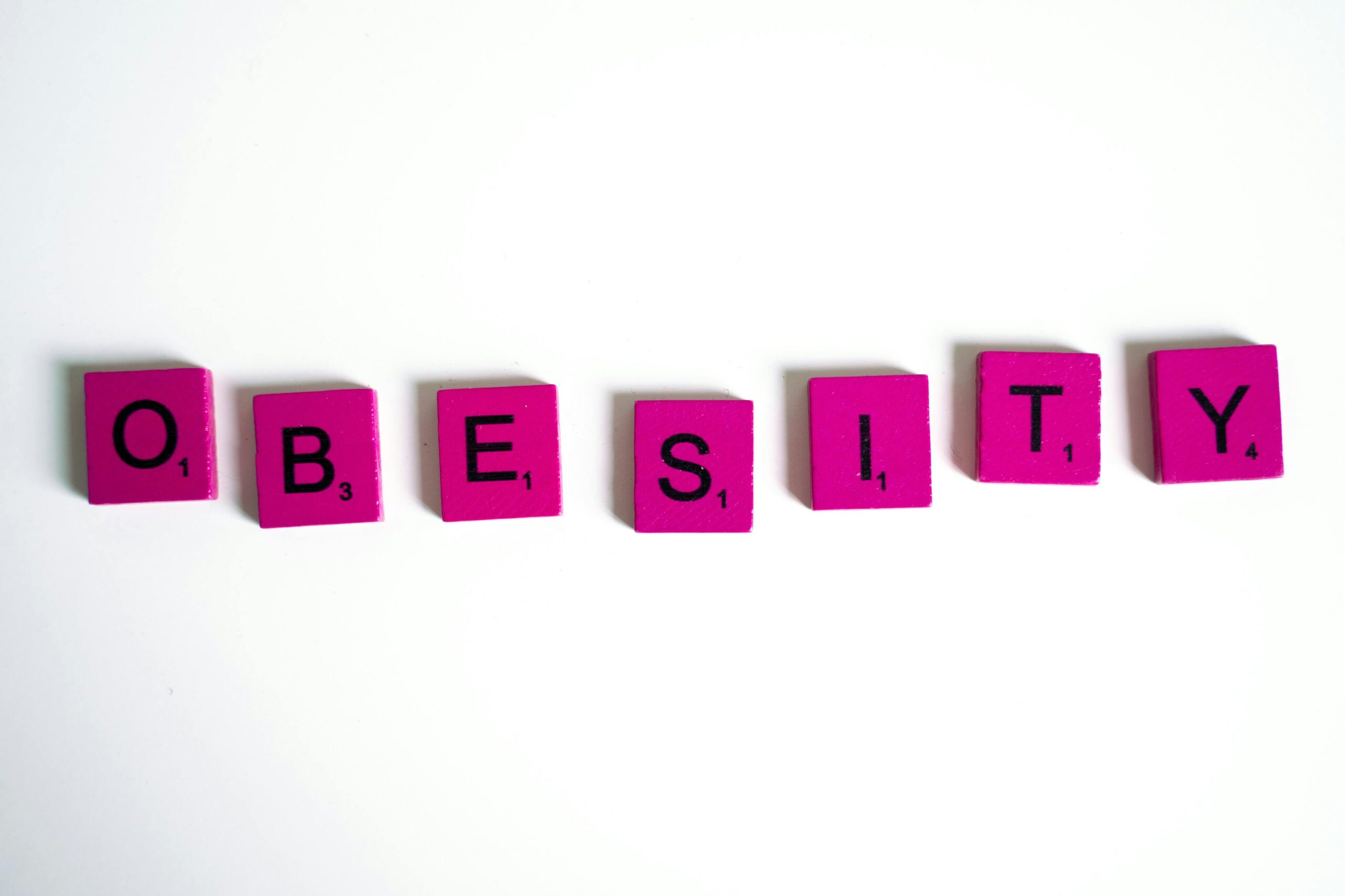In a breakthrough that could dramatically alter our approach to stress and mental health, scientists have uncovered a profound link between the microbes living in your gut and your body’s daily rhythms. This discovery indicates that the microscopic world inside you influences your response to daily pressures and your mood. It’s a significant finding, suggesting that a healthy gut microbiome can be vital for better managing anxiety and depression, conditions frequently linked to our internal body clocks.
This isn’t just about digestion; it’s about a fascinating interplay. Research, recently published in the prestigious journal Cell Metabolism, focuses on how your gut microbes interact with your circadian system – your body’s internal 24-hour clock – to shape how you handle stress. The implications are significant: altering the rhythm of your gut bacteria could fundamentally change how your brain perceives and reacts to stress, potentially leading to new avenues for treating widespread mental health struggles.
Your Gut: A Conductor of Stress Hormones
For years, we’ve known the gut impacts overall well-being, but this study delves deeper. It highlights how your gut’s microscopic inhabitants are integral to a complex biological dance influencing everything from your sleep-wake cycle to hormonal surges under pressure. The researchers, primarily from University College Cork and APC Microbiome Ireland, meticulously investigated this relationship, focusing on the hypothalamic-pituitary-adrenal (HPA) axis—your body’s central stress response system. When stress hits, this axis releases hormones like corticosterone (similar to cortisol in humans) to help you cope. The scientists found that the timing and intensity of this hormonal release are heavily influenced by the daily rhythms of gut bacteria.
To unravel this intricate connection, the team designed detailed experiments using mice. They specifically examined three groups: conventional (CV) mice, with normal gut microbes; germ-free (GF) mice, raised without any gut bacteria; and antibiotic-treated (ABX) mice, whose gut bacteria were significantly reduced. These mice, aged 7 to 14 weeks, were kept under controlled conditions with a strict 12-hour light/dark cycle to synchronize their internal clocks.
The researchers collected samples throughout the day from crucial brain regions involved in stress and circadian regulation, including the suprachiasmatic nucleus (SCN)—the brain’s “master clock”—and the hippocampus and amygdala, key players in memory, emotion, and stress. Blood plasma was also sampled. By analyzing gene activity (the transcriptome) and metabolic products (the metabolome) in these areas, they observed how the absence or reduction of gut microbes affected the brain’s internal clockwork and stress pathways.
Microbes and Your Internal Clock
One of the most compelling findings was how depleting gut microbiota disrupted the normal daily rhythm of corticosterone. In conventional mice, corticosterone levels naturally peak around the transition from sleep to wakefulness. However, in germ-free mice, this peak shifted, and in antibiotic-treated mice, the rhythm changed significantly, leading to an exaggerated peak at certain times of day. This finding strongly indicates that your gut microbes are crucial for maintaining the precise timing of your body’s stress hormone release.
The disruption extended into the brain itself. The SCN, the brain’s master clock, showed significant alterations in its rhythmic gene expression in mice without a normal gut microbiome. Specifically, core clock genes like Bmal1 and Clock became arrhythmic in germ-free mice. This indicates that without a healthy microbial community, the fundamental machinery governing our internal clocks is directly compromised.
Beyond the master clock, other critical brain regions involved in stress response also felt the impact. The hippocampus and amygdala in both germ-free and antibiotic-treated mice showed disruptions in the rhythmicity of genes associated with stress pathways. Genes related to “response to immobilization stress” and “response to glucocorticoid,” for example, lost their normal daily fluctuations. This observation highlights that the brain’s ability to respond appropriately to stress throughout the day is compromised without a healthy microbial community.
The Power of Gut Bacteria Transplants
A particularly powerful part of the study involved fecal microbiota transplantation (FMT). In these experiments, germ-free mice received gut microbes from either antibiotic-treated mice (whose rhythms were altered) or control mice (with normal rhythms). The outcomes were remarkable: transplanting gut microbes with normal oscillations restored the typical rhythm of corticosterone release in the recipient mice. This provides strong evidence that it’s not merely the presence or absence of microbes, but their rhythmic oscillations that are critical for regulating stress hormones.
The team also zeroed in on a specific bacterial strain, Limosilactobacillus reuteri (formerly Lactobacillus reuteri), as a potential key player. This bacterium, often found in probiotics, exhibited a shifted peak in antibiotic-treated mice, aligning with the exaggerated corticosterone peak. When germ-free mice were given L. reuteri, their corticosterone levels increased at a specific time of day, mirroring the pattern seen in the disrupted groups. This suggests that L. reuteri could be a “circadian-sensitive strain” that plays a significant role in modulating stress hormone release.
The study also investigated the impact of these microbial changes on actual behavior. Mice with depleted gut microbiomes showed impairments in stress-sensitive social behaviors, which were linked to the altered corticosterone response. This illustrates a direct connection between the gut microbiome, hormonal rhythms, and how animals behave under stress.
The implications of this research are vast. It demonstrates that your gut microbes are not just silent passengers but active participants in your daily battle against stress. The discovery that this modulation is “time-of-day dependent” is particularly important, indicating that interventions targeting the gut microbiome might need to be timed precisely to be most effective. Future human studies may confirm these findings, potentially leading to new microbial-based therapies for anxiety, depression, and other stress-related mental health disorders that often involve disrupted internal clocks.
This study underscores a compelling message: the hidden world within our gut holds profound power over our minds and how we navigate the pressures of modern life. It’s a powerful reminder that nurturing our microscopic inhabitants can be as crucial as any other self-care routine in the pursuit of mental well-being.
Paper Summary
Methodology
The study investigated the impact of gut microbiota on stress responses and daily rhythms using three groups of C57/BL6 mice (7-14 weeks old): conventional, germ-free, and antibiotic-treated. Researchers collected samples from blood and specific brain regions (SCN, hippocampus, amygdala) at various daily time points. Techniques included metagenomic sequencing for gut microbes, RNA sequencing for brain gene expression, metabolomics for metabolic changes, stress tests, and blood-brain barrier permeability assessments. Fecal microbiota transplantation (FMT) was performed to assess causality, and the bacterium Limosilactobacillus reuteri was specifically studied for its effect on stress hormones.
Results
Gut microbiota displayed daily patterns that modulated the diurnal rhythms of corticosterone (a stress hormone). Microbial depletion disrupted this rhythm, shifting its peak and altering the brain’s central clock (SCN) and stress-responding pathways in the hippocampus and amygdala. Changes in daily patterns of brain glutamate metabolism were also observed. FMT confirmed that rhythmic gut microbes are essential for regulating stress hormone secretion. Limosilactobacillus reuteri was identified as a potential circadian-sensitive strain. Microbial depletion also led to time-of-day-specific impairments in stress-sensitive behaviors.
Limitations
Future research is needed to fully restore altered corticosterone rhythms after colonization, identify specific microbial signals influencing the HPA-axis and brain, and translate these findings to human cohorts, considering variations in diet and lifestyle.
Funding and Disclosures
The research was funded by Science Foundation Ireland (SFI/12/RC/2273_P2) and the Saks Kavanaugh Foundation. Authors John F. Cryan and Gerard Clarke disclosed receiving speaking fees and research funding from various companies, stating this support did not influence the article’s content.
Publication Information
Title: Gut microbiota regulates stress responsivity via the circadian system Authors: Gabriel S.S. Tofani, Sarah-Jane Leigh, Cassandra E. Gheorghe, Thomaz F.S. Bastiaanssen, Lars Wilmes, Paromita Sen, Gerard Clarke, and John F. Cryan Journal: Cell Metabolism Volume, Pages: 37, 138-153 Publication Date: January 7, 2025 (Published: November 5, 2024) DOI: https://doi.org/10.1016/j.cmet.2024.10.003












